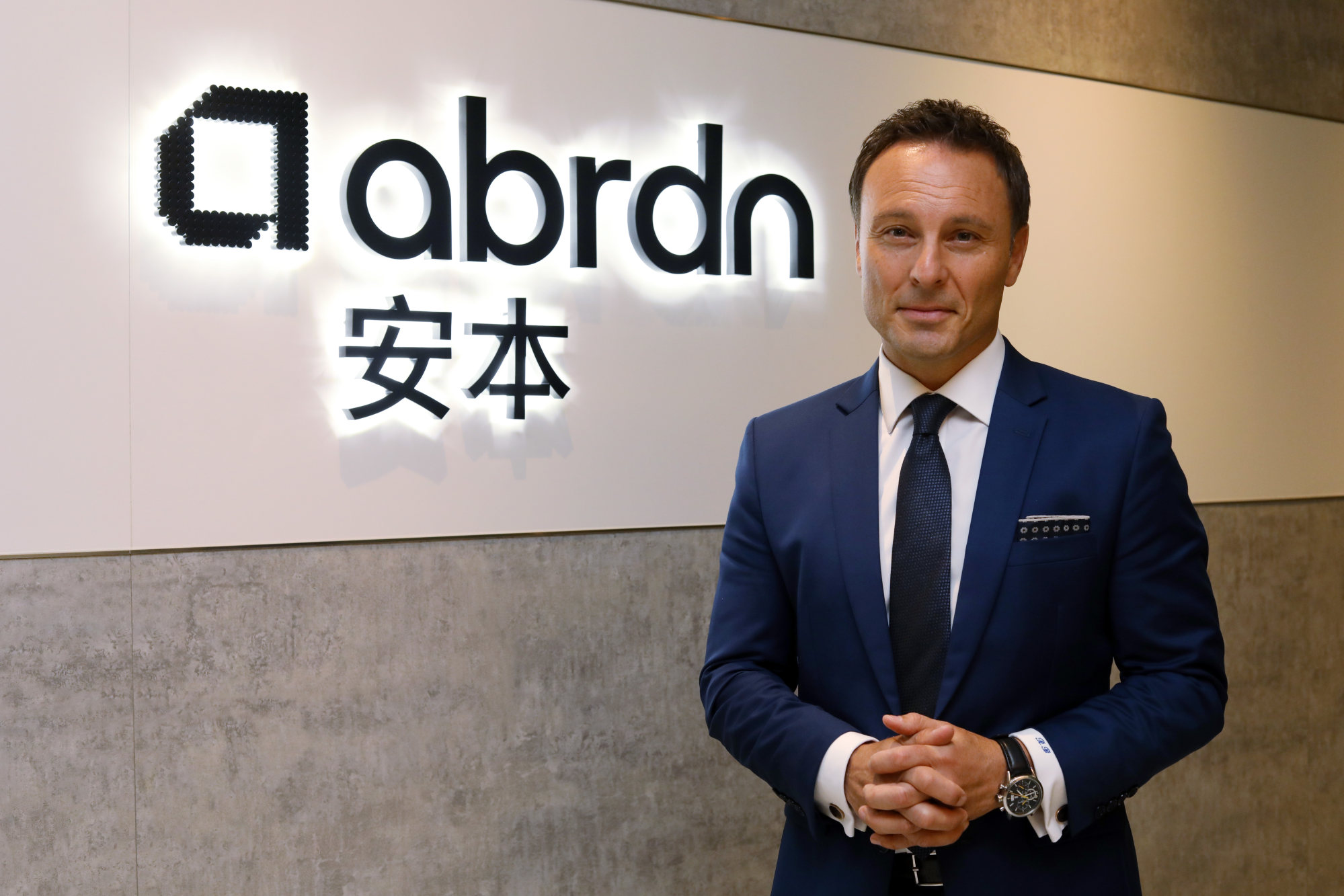
25 Jan China’s market stabilising measures ‘steps in the right direction’ to end slump, UK fund manager abrdn says
China’s latest efforts to prop up the stock market are set to lift investor confidence and stock valuations, according to UK asset manager abrdn. More policy consistency from the top leadership over time could help restore stability after a slump this month.
The central bank’s unexpected liquidity injection plan and Premier Li Qiang’s pledge for more stabilising measures are all “steps in the right direction”, which will help put a floor under the fragile sentiment towards the world’s second largest equity market, said Rene Buehlmann, global CEO of investments at abrdn.
“They have been very clear that they want to restore confidence in the financial markets,” he said in an interview with the Post in Hong Kong on Wednesday. The UK firm managed about £495 billion (US$630 billion) in assets globally at the end of 2023. “The government has been quite consistent on this,” which is key to attracting international investors back into the market, he added.
His optimism comes after Beijing ramped up efforts this week to stabilise the capital market and stem the stock rout that has wiped out over US$1 trillion this year amid disappointment over policy support for the struggling economy.

The MSCI China Index has rebounded 6.3 per cent after sliding to the lowest level since October 2022 on Monday. The two-day rally has helped restore US$434 billion in market value to Chinese stocks listed in Shanghai, Shenzhen, Hong Kong and New York, according to Bloomberg data.
Hong Kong and Chinese mainland markets seek stability following painful falls
Hong Kong and Chinese mainland markets seek stability following painful falls
“This is a time where valuations are very attractive,” Buehlmann said. “In the longer run, there is definitely upside potential for the markets.”
If history is any guide, a vigorous rally could occur soon. For example, the Hang Seng Index now trades at 0.85 times its book value. The last time it dipped to this level, in October 2022, local stocks surged as much as 52 per cent in the following three months.
Still, investors need to be patient, Buehlmann said, because even if the government rescue is under way, it will take time to work through hurdles such as the property crisis and restore confidence.
“If you’re investing into China, you need to be selective, you need to be targeted and you need to be diversified,” he said.
Themes favoured by abrdn include consumption upgrade, healthcare and sustainability. Many companies in these sectors have high double-digit growth rates, solid balance sheets and cheap valuations, and it is “not a bad timing” to look at, he added.
Buehlmann was appointed as the sole CEO of investments at abrdn in May last year, based in Singapore. He joined the UK money manager as CEO of Asia-Pacific in March 2021, after spending 29 years at UBS, where he was the head of asset management for Asia-Pacific in Hong Kong between 2015 to 2019.
Outside China, abrdn’s most favoured asset class within Asia’s emerging markets is local currency bonds, which will have currency support when the US dollar weakens. Japan and India stocks, which are both on bull runs – partly fuelled by outflows from China – are also among the firm’s top picks.
